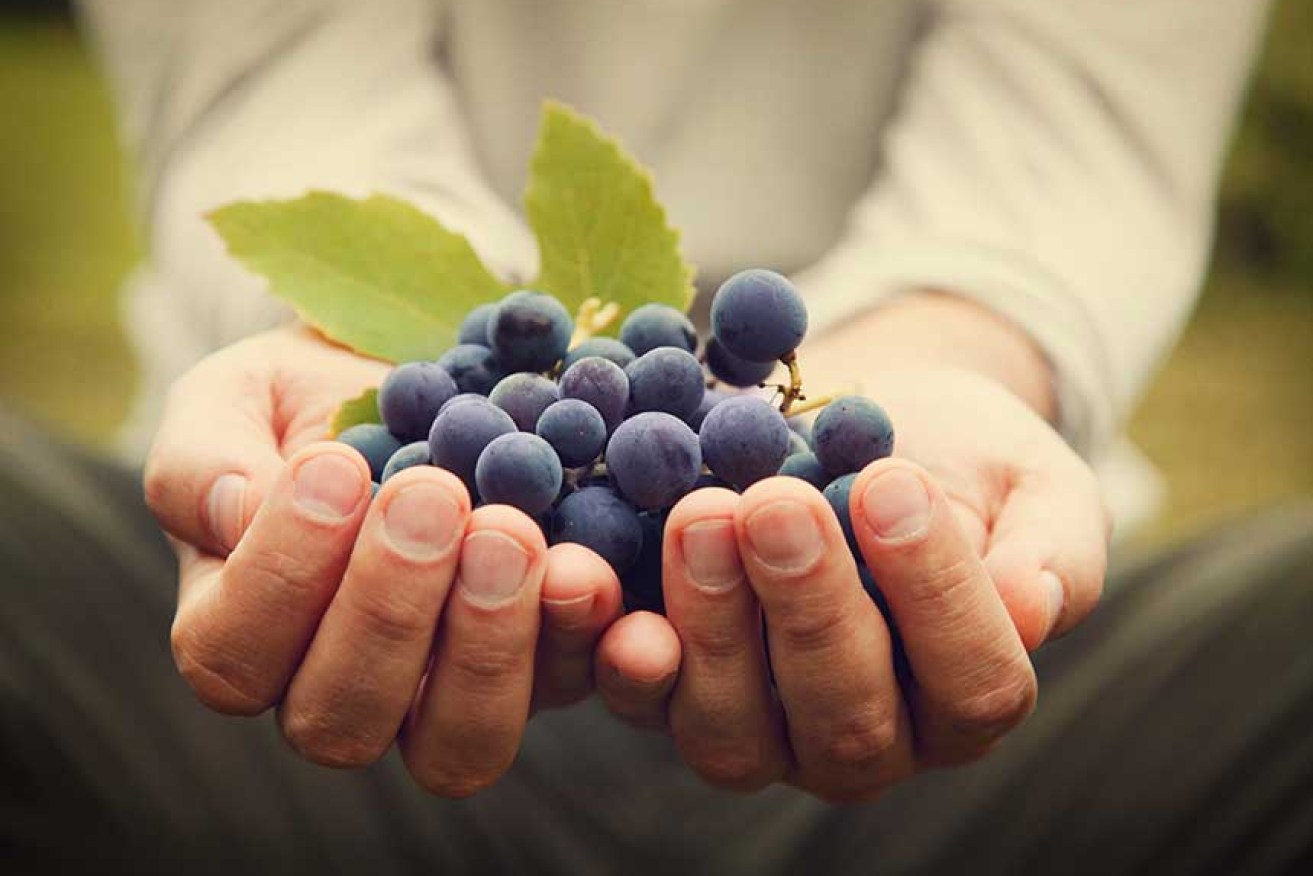Buying organic: which foods are worth it?

Choice wants penalties for false and misleading claims increased from $1.1 million to $10 million in the current review of consumer laws. Photo: AAP
Ideally we’d all switch to organic … except for the cost. Research shows that organic groceries are 79 per cent more expensive than conventional food, with some items like pasta and bananas triple the price.
Yet new research shows organic crops are up to 60 per cent higher in antioxidants and have lower levels of pesticides and toxic metal than conventional ones.
• Are you getting enough sleep?
• Tipples to boost wellbeing
• Reduce your risk of Alzheimer’s
Try picking the foods where organic matters most.
Foods to buy organic
Milk and butter
We all know how carefully nursing mothers have to watch their diet, for example avoiding certain medications and alcohol. Whatever mammals eat goes straight into their milk. Organic milk in Australia comes from cows that graze on grass where no pesticides or chemical fertilisers are used. Milking cows are also not treated with antibiotics or hormones.
Soft fruit
Berries, grapes and stone fruits are soft-skinned which means they’re more susceptible to pesticide residues, plus we tend to eat the skin. Strawberries are among the most contaminated of all produce as their soft structure “sponges up” whatever they’re sprayed.
Apples
 The peel is where pesticides can build up, and sure, you could just peel your apple. But a significant amount of nutrients and fibre are also in the peel so it’s good to eat it if you can. Even scrubbing a conventional apple can help lower nasty residues.
The peel is where pesticides can build up, and sure, you could just peel your apple. But a significant amount of nutrients and fibre are also in the peel so it’s good to eat it if you can. Even scrubbing a conventional apple can help lower nasty residues.
Potatoes
Most conventional potatoes are grown in pesticide-intensive crops so organic is a smart option here. As with apples, you’ll want to eat the nutrient-rich potato skin if you can.
Green leafy veg
Lettuce, spinach and kale can be some of the most pesticide-contaminated vegetables out there, with spinach laced with up to 48 different pesticides.
The thin skin of a colourful pepper doesn’t act as much of a barrier to chemicals. They frequently have high contamination by neurotoxic insecticides.
Celery
With no skin at all, celery has zero protection against crop chemicals. Buy organic if you can.
Foods to buy conventionally
Water
“Organic water” is just a scam. No such thing exists. The ACCC has banned bottle water companies from using the term, so if you find “organic water” being marketed anyway, skip it and consider reporting the supplier.
Although there are some recipes for banana skins, the vast majority of people just discard them. That thick skin protects the interior fruit from exposure to pesticide and fertiliser residues.
Mangoes and papayas
Again, tough peel prevents pesticides from leaching through to mango flesh, so feel free to buy conventional mangoes. Buying local fruit also gives you some of the environmental advantages of organic fruit, since transport and storage of imported produce increases its carbon footprint.
Broccoli is such a superfood that it’s better to buy conventional and eat more of it than buy organic and eat less.
Avocados
Another thick-skinned superfood where you should be perfectly safe with conventional.
Cabbage
It’s easy to remove the outer layers to minimise the chance of residues, so you should be fine buying conventional cabbages.
 Foods to buy ethically
Foods to buy ethically
Meat
Many supermarkets now sell “hormone free” meat, which may not be organic but is still a better choice than conventional meat. As a further ethical option, look for free-range meats where the animals enjoy a much better life than in battery cages or sow-stalls. If you do buy organic you can keep the cost down by simply eating less meat, or cheaper cuts.
Eggs
Conventional battery eggs are increasingly considered as a form of animal cruelty: the European Union banned battery cages in 2012. While buying organic may not be vital in terms of nutritional difference, buying free range, cage-free eggs is definitely a kinder choice.
Choosing organic may not just be about your own health. Organic systems tend to place strong emphasis on environmental protection and sustainability, and the long term health of the land.
So how can you be certain what you’re buying is organic?
Labels can be misleading and even false. There are seven organics certification companies approved by the Australian Quarantine and Inspection Service (AQIS), of which NASAA is among the most prominent. Another tip is to look for “certified organic” which means there has been scrutiny by a third party.













